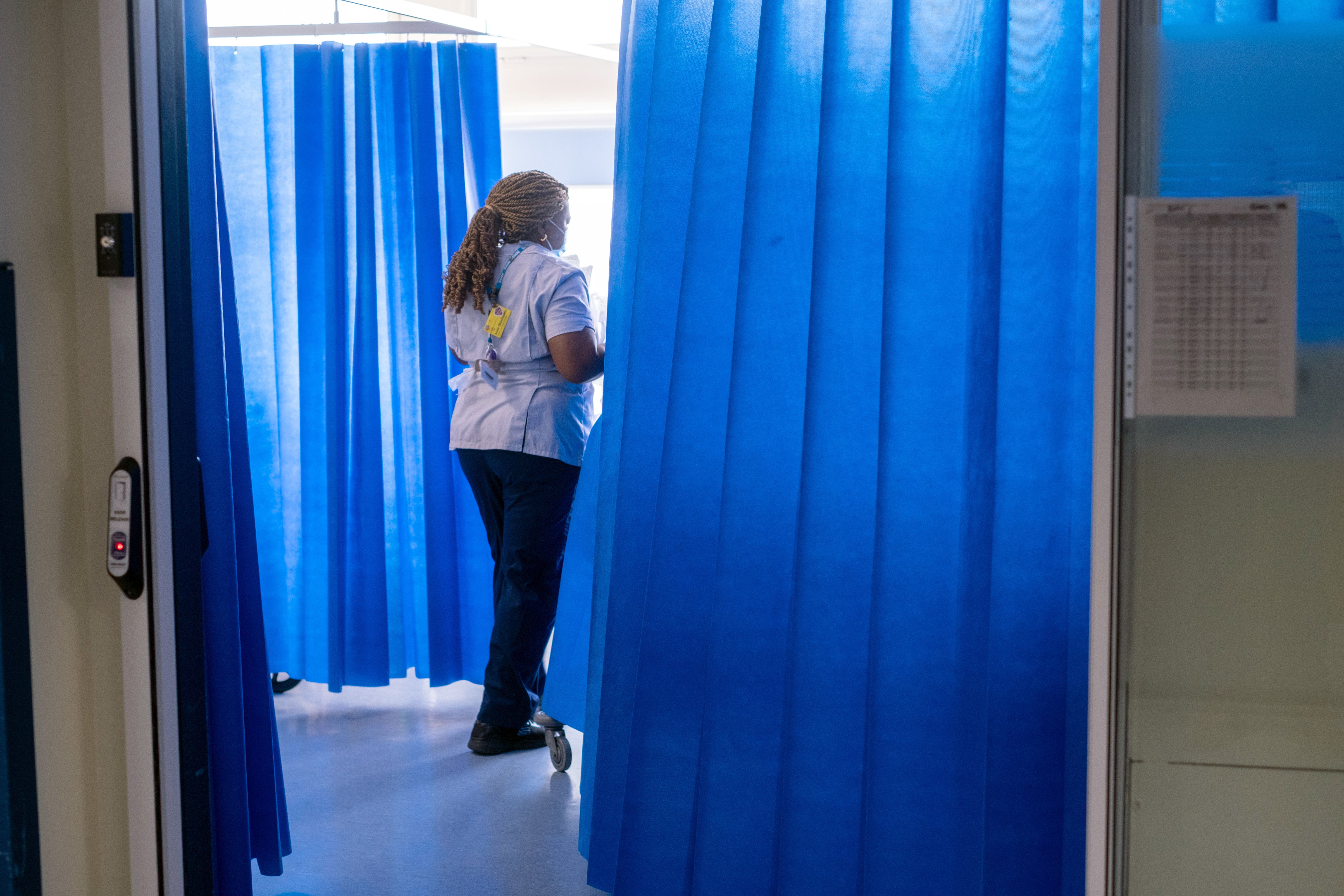Charity warns of urgent need to improve palliative care before it is too late
Marie Curie report says hundreds of thousands of people will not have access to end-of-life support without change.

The NHS end-of-life system will come under overwhelming pressure unless there is immediate improvement and growth as the UK faces an ageing population, according to a new report.
The report by the Marie Curie charity, which is celebrating its 75th anniversary alongside the NHS, said more than one person every minute will require palliative care in 25 years.
With the system operating as it is, the charity predicts hundreds of thousands of people will not have access to that support.
The report says one in four people die with the need of palliative care and support and by 2048, that number could rise from 147,000 to 730,000 as the ageing population rises by an estimated 92% to 3.3 million people.
This problem is solvable, and we intend to solve it.
The charity’s chief executive Matthew Reed said they aim to close the gap between people who need care and can receive it, but if there is no change it will continue to get bigger, especially for poorer communities.
He said: “To put it bluntly, you only die once – and the last chapter of life has not been right for many, many people. It is bad for the patient and it can have a devastating impact on their loved ones.
“The system we have at the minute does not reflect who we are as human beings. It is also the most expensive way we could possibly think of doing things.”
He continued: “Distressed families call 111 and the ambulance service, who are often not best placed to be able to deal with end-of-life care, so they take people to hospital which is rarely the best place for dying people to be.
“What is needed is more – much more – support for people in their own homes. That care is often better, and cheaper, than what is available in hospital.”
The charity outlined five areas which can improve and relieve pressure on the NHS over the next five years – rapid response nursing services, 24/7 single point of access hubs, working directly with the NHS, increasing advanced care planning and moving targeted support.
Mr Reed added the problem “is solvable, and we intend to solve it”.
“We are proud of our past but firmly focused on the future and as we turn 75, these celebrations aim to highlight the urgent need for more palliative care and support services to deliver a better end of life for all,” he said.
During a discussion on assisted dying laws on Tuesday, Social Care Minister Helen Whately said there is a “positive story to tell” when it comes to the quality and provision of palliative care in England.
She acknowledged the variation and inequality in access to care as her biggest areas of concern, including access to out of hours care.
Bookmark popover
Removed from bookmarks